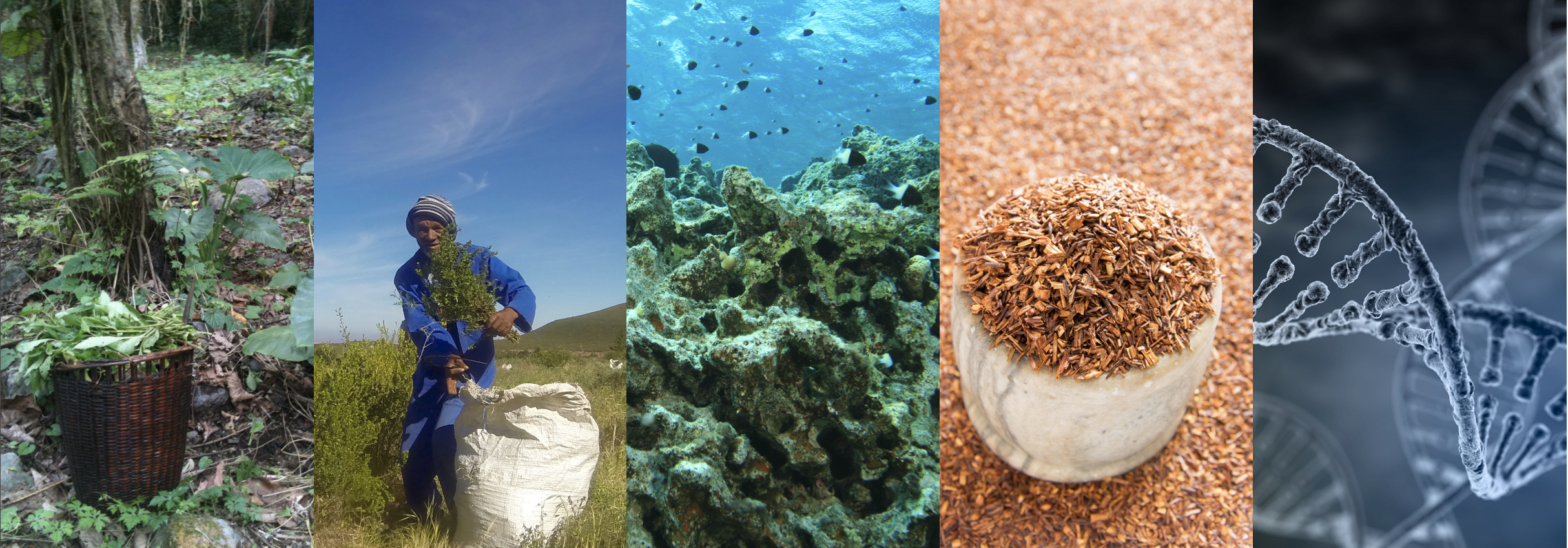
RETHINKING BIODIVERSITY-BASED ECONOMIES FOR CONSERVATION AND EQUITY
Rethinking Biodiversity-Based Economies for Conservation and Equity is a programme of activities undertaken by the University of Cape Town, People and Plants International, and a range of partners. It builds on a substantial body of work already developed by these partners, which has included scientific articles and policy briefs, webinars and workshops, and video.
Rethinking Biodiversity-Based Economies for Conservation and Equity is a two phase programme that includes a 3 year dialogue, research, dissemination, and book production phase, followed by a 2 year dissemination and more intensive policy engagement phase. The Dialogues bring together scholars, civil society organizations, IPLCs, policy makers, the private sector and researchers to analyse and explore experiences of implementing ABS, and the way we address ABS, ethical research, and biodiversity conservation as a global community.
Dialogue Themes
Science, biodiversity, and equity
ABS Governance
Conservation and biodiversity commercialisation
Development and post-growth economic models for biodiversity conservation, use and commercialisation
This is a critical juncture. In the coming years, important meetings will be held in policy forums, and decisions will be made on digital sequence information (DSI) and ABS that will have impacts for years to come. In many cases, the implications of these decisions have not been fully explored. In the face of rapid scientific and technological advances, and equally swift and alarming biodiversity loss, it is time to get ABS policy right.
Laird, Wynberg et al, Science, 2020.
